As a former labor and delivery nurse, Tara Echeverry was no stranger to the surprises that could occur leading up to and during childbirth. Yet it still came as quite a shock when her second daughter, Aubrey, nearly arrived in the car on the way to Novant Health New Hanover Regional Medical Center.
“I was on hands and knees in the front seat,” Echeverry said. She begged her husband, Juan, to drive as fast as he could. “Please run the red lights. Get me there.”
Once they arrived, Juan helped her into a wheelchair. The tension built as they wheeled toward the elevator. Would they make it in time? But then panic gave way to total calm. Because when the elevator doors slid open, standing there was her certified nurse-midwife, Pamela Irby.
“I just remember thinking, OK, I'm good,” Echeverry said, demonstrating a big sigh of relief as she recalled the moment. “No matter what happens — she can pop out right here.”
Irby also remembers this moment from eight years ago. Aubrey arrived safely three minutes after Echeverry made it into a bed.
This year, as Irby and the five other certified nurse-midwives (CNMs) at Novant Health Coastal OB-GYN & Midwifery celebrate the 25-year anniversary of their practice, they can recall countless anecdotes like this. Irby said her success with ushering baby Aubrey into the world represents only a tiny part of the clinic’s history and scope. While the midwife practice began in 1998, it was decades earlier that one of its founding care team members established the philosophy and standard of care that the CNM team of Henna Ables, Sue Carney, Ashli Gibson, Olivia King, Cassie Lohrey and Pamela Irby honors today.
Find a certified nurse midwife near you.
Establishing a precedent
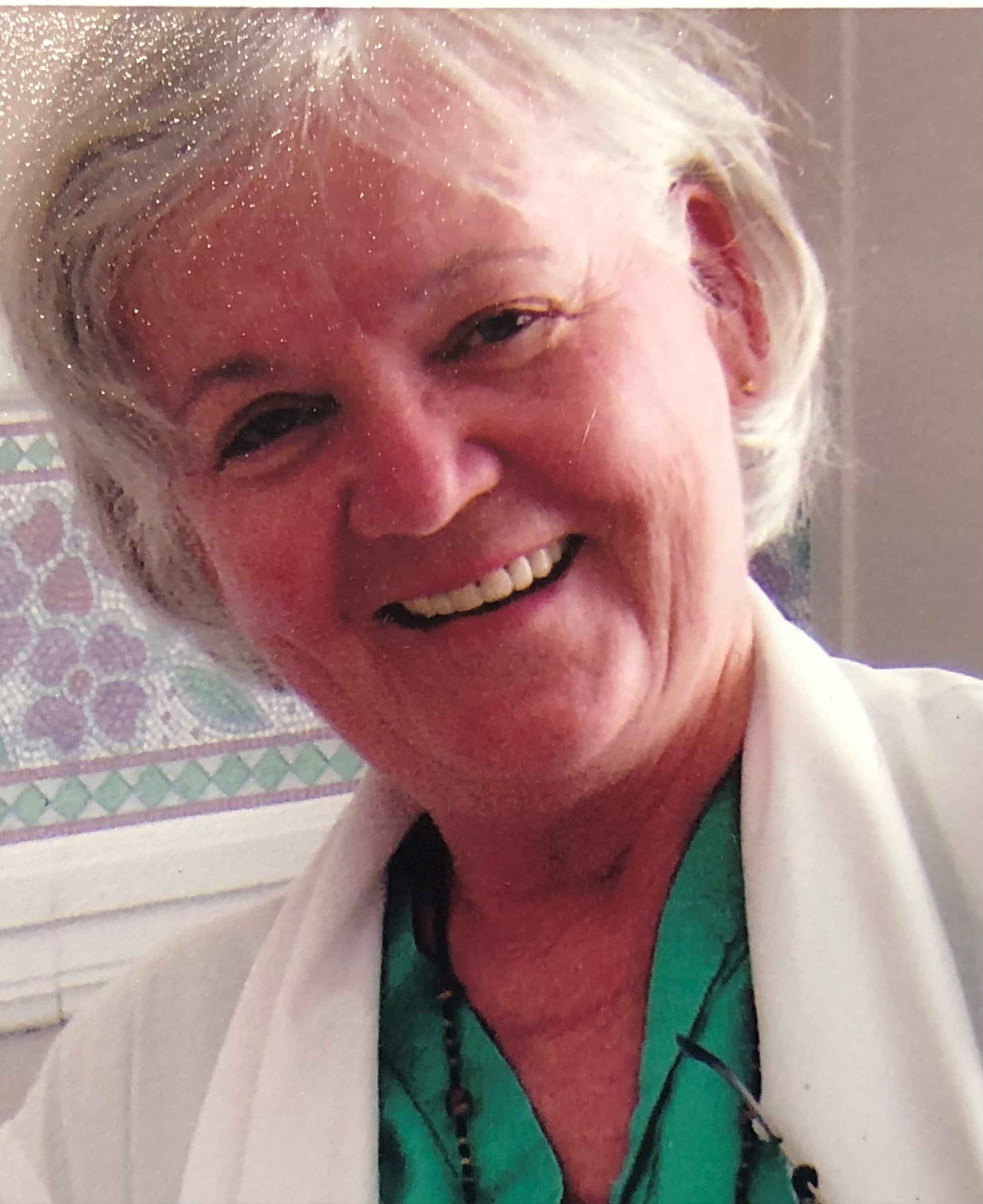
Wilmington resident Mary Slawter, now a retired certified nurse-midwife at 84, is one of Irby’s mentors. She also helped inspire Echeverry to become a labor and delivery nurse.
While Echeverry was a student in the nursing program at Cape Fear Community College in Wilmington, she was researching career paths and discovered Coastal OB-GYN & Midwifery. For a school project, she interviewed Slawter, and this transformed her personal interest in childbirth into a professional aspiration.
“She had been a midwife for a long time, and she had great stories,” Echeverry said. “I just thought it was so intriguing. So when I became a nurse, I knew I wanted to try to work on labor and delivery, and that's what I did.”
Slawter was one of three midwives who started the midwifery practice on the coast. At the time, in 1998, she already had 32 years of midwifery experience under her belt.
Fresh out of nursing school at St. Francis Hospital School of Nursing in New Jersey, Slawter traveled to New Mexico to attend a nine-month midwife training course in 1966. Here she began to develop the ethos that motivated her throughout her professional life: Create a supportive environment for women where their differences are respected and their preferences are honored.
Slawter, whose career spanned five decades and multiple
countries, established this as the core value of her care for women, regardless
of their language, cultural background or socioeconomic status. For five years
she worked in Ghana, a job she refers to as a “wonderful experience,” as well
as one that taught her to be adaptive with limited medical resources. Once, she
said, a mother needed a blood transfusion while she was birthing twins. Slawter
drove to the next village in the middle of the night to find someone with the
same blood type who could donate, but only after fixing a flat tire on the only
vehicle she had access to.
Slawter continued her education after returning to the
United States, and her career branched into the field of teaching. It took her
across the state of North Carolina. But her love of being present for the birthing
process drew her out of the classroom and back into the field. She worked in
rural Alabama and even in Thailand, where she helped women birth babies in a
refugee camp during the Khmer Rouge regime.
After helping to birth so many babies that she “gave up
counting,” Slawter said her goal was always the same. “The bottom line is to do
no harm,” she said. “I’m there to birth the baby calmly. It’s amazing what
women can do themselves.”
Slawter emphasized that she never felt that she was present
to “deliver” a baby. Her job was to ensure the mother was as comfortable as
possible while “birthing,” the term she prefers. She compared birthing to
creating a painting; even if everyone has the same paints and the same canvas,
no two paintings are ever going to turn out the same.
“Every woman goes through it differently,” she said.
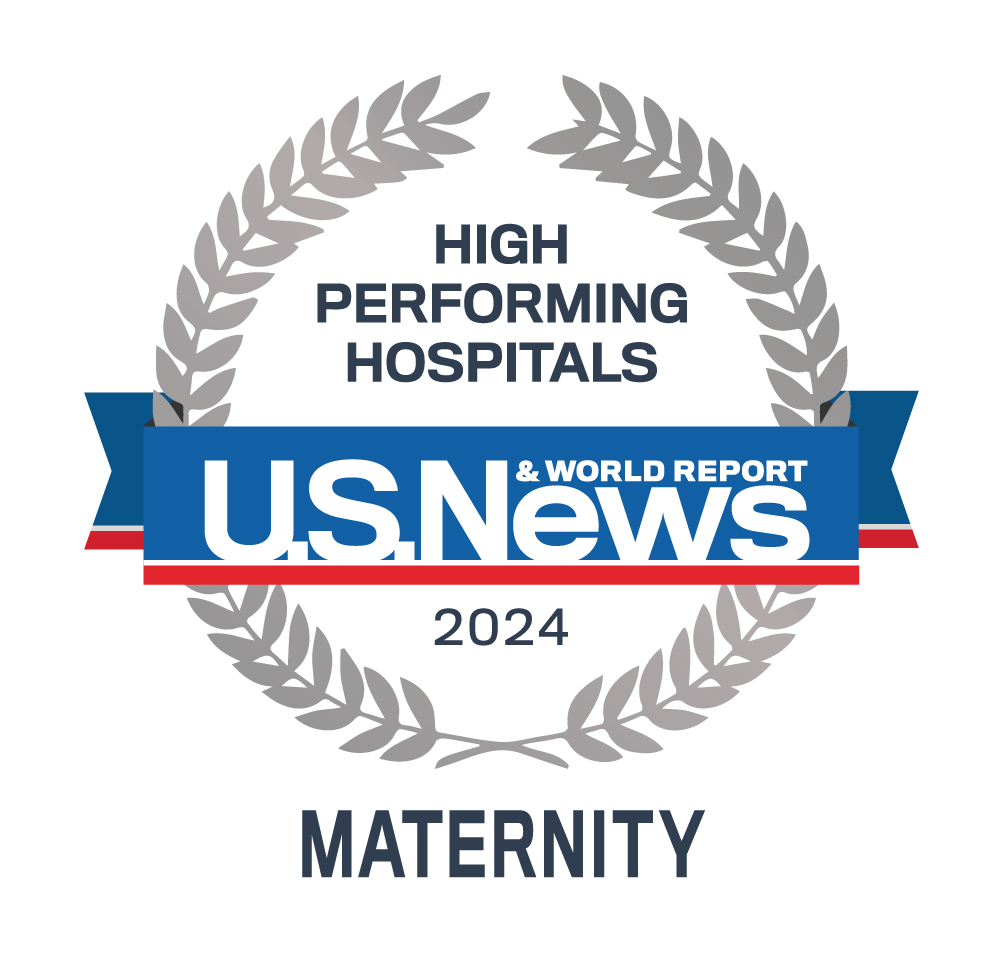
Novant Health New Hanover Regional Medical Center is among just 17 North Carolina hospitals to receive the coveted U.S. News and World Report High-Performing Hospitals designation for maternity care.
Empowering women during childbirth
While every birth is different, the team at Coastal OB-GYN & Midwifery shares a common goal for each one: empowering and guiding each patient on her personal journey. As a patient progresses through her pregnancy, she will see and receive prenatal care from each of the practice’s six midwives. This way, when her baby arrives, the CNM on call at New Hanover Regional Medical Center is someone with whom she has established a trusting relationship.
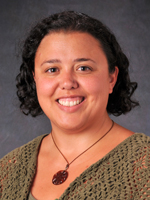
“It's a nice reassurance to see us and know it's somebody that they trust, it's somebody that understands what they want, and is going to take care of them so they won't have to be advocating for themselves at the same time as going through labor,” Irby said.
As experts in healthy, low-risk pregnancies, CNMs approach childbirth as a natural process that can need little to no intervention. They are also trained to assess when intervention is necessary or when complications arise. The CNMs collaborate with their consulting team of OB-GYNs that are available 24/7 at New Hanover Regional Medical Center should a birth become high-risk or require a surgical intervention, like a Caesarean section. In line with global statistics, the CNMs at Coastal OB-GYN & Midwifery have low rates of Caesarean sections, inductions, complications like postpartum hemorrhage or infection and neonatal intensive care unit (NICU) admissions, and high rates of vaginal birth, successful breastfeeding and patient satisfaction.
Echeverry said her relationship with the midwife team is about feeling supported in her personal health choices. She birthed four of her children, Eliana (10), Aubrey (8), Gabriella (6) and Sophie (3), with Irby. Her goal was to birth her children without pain medicine, which she accomplished.
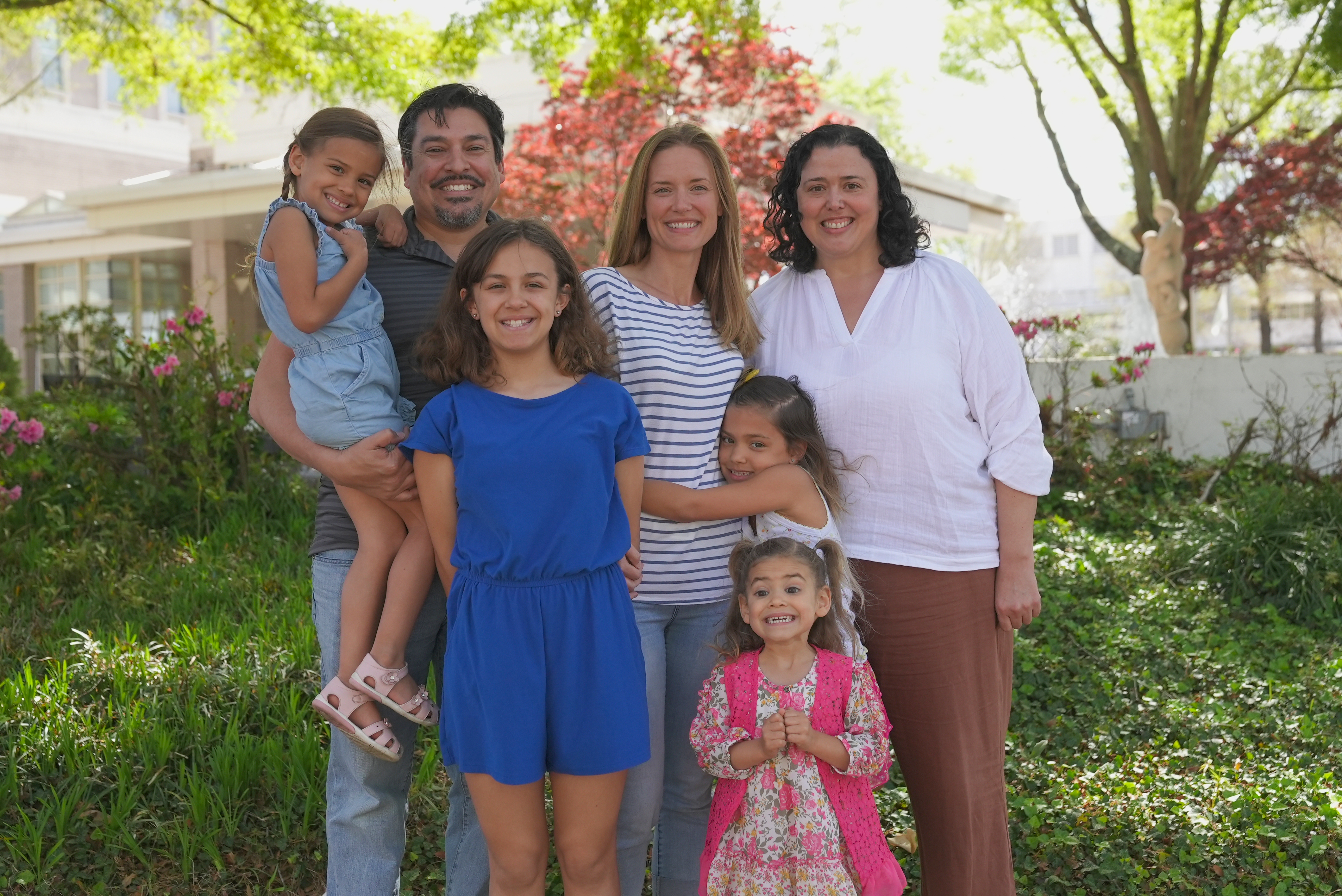
“But never once did I ever feel that if that wasn't my plan, they weren't going to support me,” Echeverry said. “They empower you to do what you want to do. Instead of being told what to do, it's more the patient's journey. They give you a lot of guidance.”
The Echeverrys also endured the loss of their son, Lucas, who was born at 5 months gestation, with the guidance of the CNM team.
“Lucas was born with the calm, encouraging help of Sue Carney,” Echeverry said.
Echeverry opens up about Lucas to honor his life, as well as to help others experiencing the loss of a child know they are not alone.
“Infant loss is a painful and uncomfortable topic, but there are so many women who are affected by it,” she said.
Offering women’s care beyond pregnancy
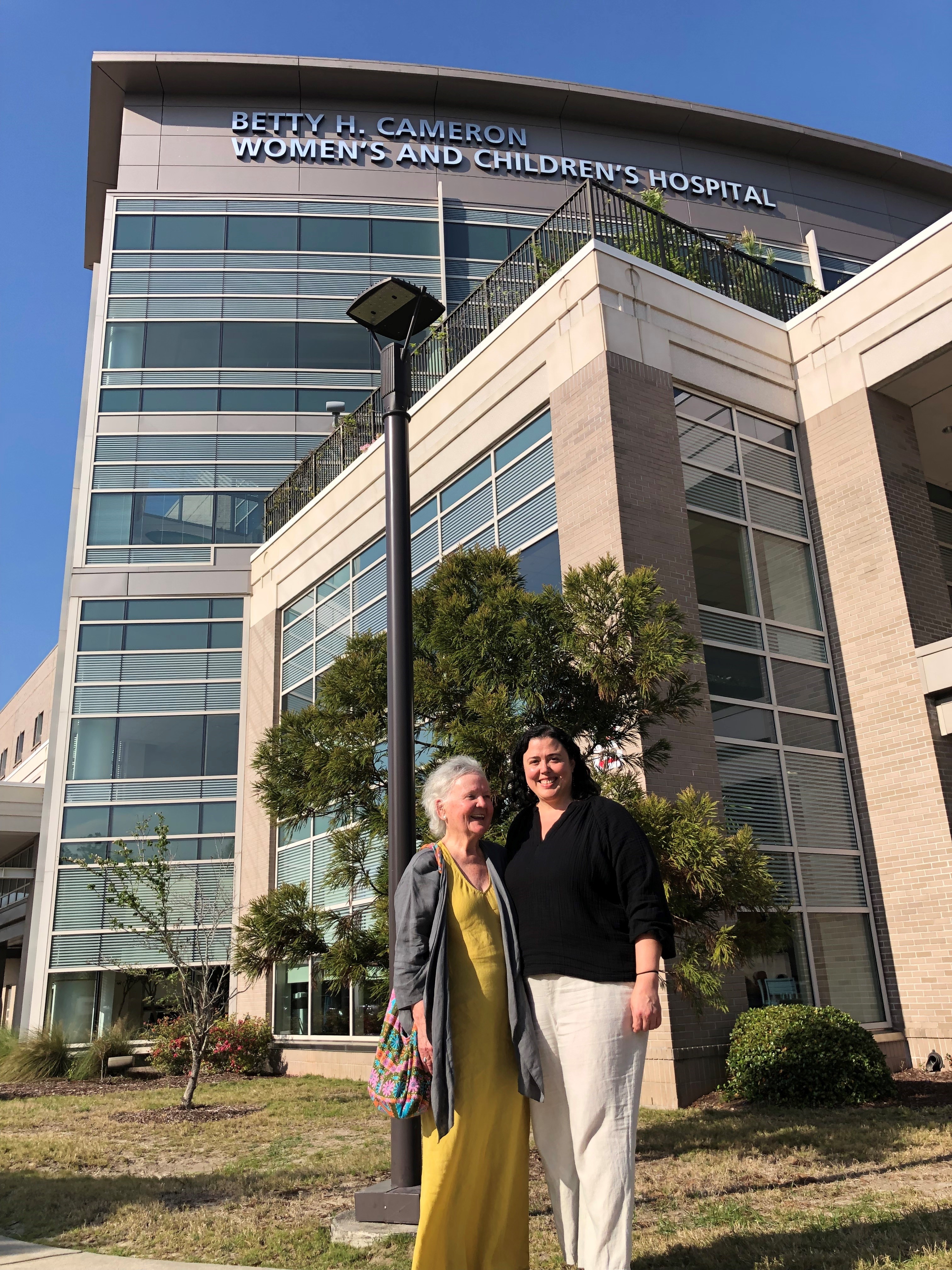
“We have women who we see for all their gynecological care who don't ever plan to have any kids,” Irby said. “They want the kind of care that we give, and they want that for their yearly visits as well.”
For a teenager who may be nervous about her first pelvic exam or scared to ask questions about birth control, a CNM can help create a comfortable environment. Irby said now that the practice has established longevity, some women who birthed their daughters with one of the CNMs have returned to bring their daughters in for their first preventive health exam.
“It's great to work with young women and be that first experience that they've had with an exam,” Irby said. “To have them be able to leave and go tell their friends, ‘Hey, that didn't hurt, and she really listened to me,’ I think that is huge and a great first impression for somebody.”
Providing emotional support
A benefit of working with a CNM is that while they focus on obtaining and recording important medical data, like the baby’s measurements and heart tones during prenatal care, a CNM also aims to create emotional support by having an open conversation with the patient about how she is feeling, and how the pregnancy is affecting her and her family.
“We have a good rapport with our patients, and have developed a trusting relationship throughout their pregnancy,” Irby said. “We do play a big emotional support.”
For Echeverry and Irby, this trust is something they both treasure. Irby emphasized that when families return as they grow, it holds a meaningful opportunity to continue relationship building.
“It's really special to have families come back and have additional babies with us,” she said. “When you get that time again, to be with a family and see them as they've grown, and as they’ve changed and become parents, that's really special.”
Reflecting on her gratitude for Irby’s presence in her family, Echeverry said what really stands out to her is Irby’s patience, along with her vast knowledge of the childbirth process.
“Just the presence that she brings when you're in labor is calming,” Echeverry said. “There can be a hurricane outside and you wouldn't know it. She's just so good at what she does. She has a very, very big place in my heart.”
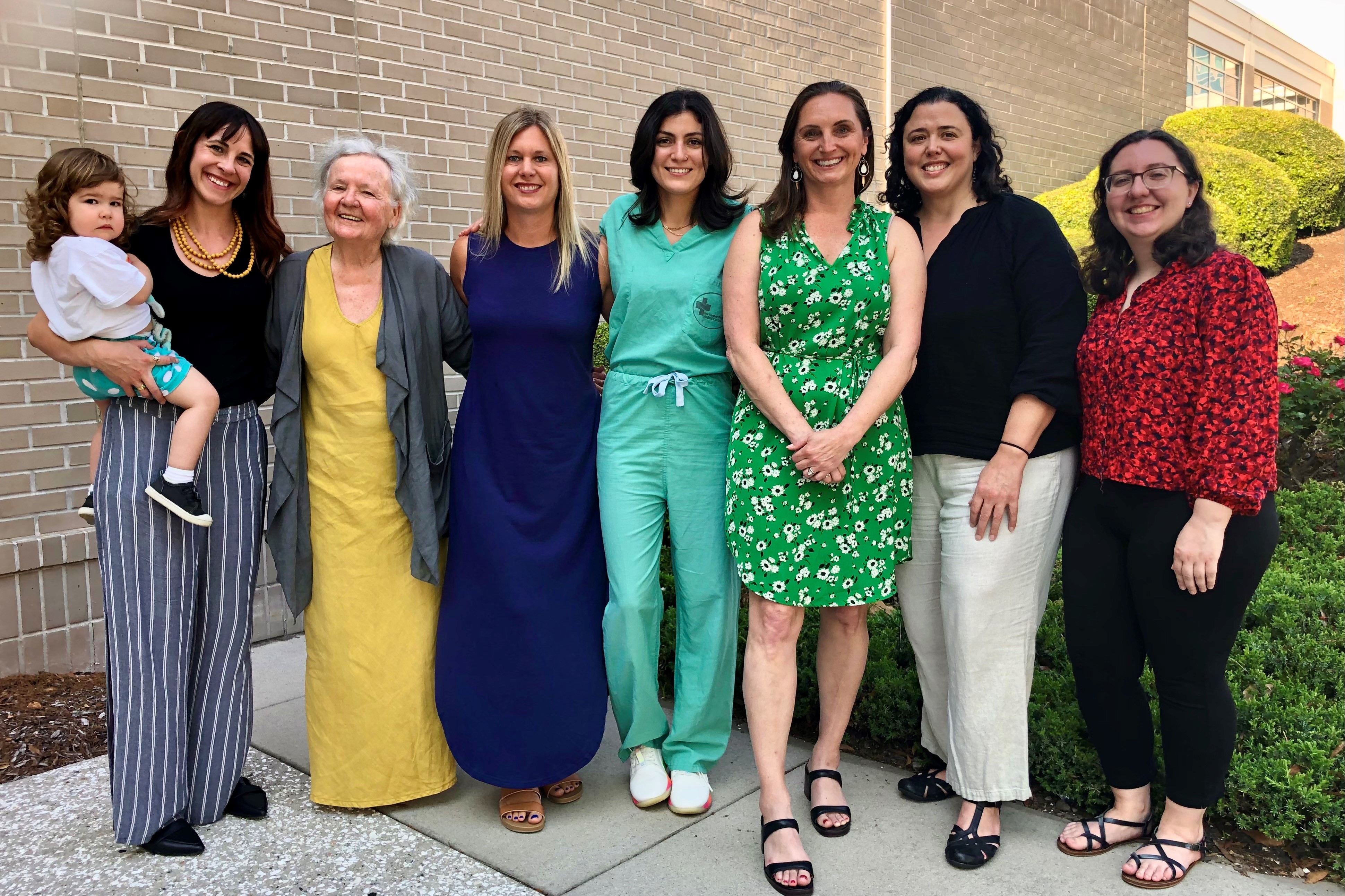
The Coastal OB-GYN and Midwifery team, from left to right: Ashli Gibson with her daughter Dorothy, retired CNM Mary Slawter, Cassie Lohrey, Henna Ables, Sue Carney, Pamela Irby and Olivia King.












